In February, Haley Moss made national headlines as the first openly-autistic attorney to pass the Florida Bar. But the UM graduate, who now works for Zumpano Patricios in Coral Gables, is hardly a stranger to attention. Diagnosed at age three, Moss says her family was told she would likely never graduate from high school or even make friends. But Moss did more than that, writing two books, earning accolades as an artist and graduating undergrad with two degrees before entering law school. This month, Moss jumps full force into Autism Awareness Month with engagements at a Jacksonville event and Books & Books Coral Gables before the UM-NSU CARD annual Tropical Nights gala on April 27. “There are so many ways to be able to spread information and shape conversation in April and I am always excited to find new ways to do that and to work with different people and organizations to make that happen,” she says.
Background
Moss became an advocate at the age of 13 when she realized the power of her story while speaking on a panel for the Autism Society of America Conference. “On that panel, I was the only girl, and was the youngest one,” says Moss. “What I had to say about my life experiences at that point – including the story of how I found out I was on the autism spectrum (being told I was a lot like Harry Potter with magic because we were both different than our peers) – really resonated with the audience and I realized I’d be able to give others hope and help make change.” Today, Moss serves on the Constituency Board at UM-NSU CARD in Coral Gables (which works with more than 12,000 autism families and people on the spectrum in Broward, Miami-Dade, and Monroe Counties) and volunteers with Boca’s Unicorn Children’s Foundation.
Thinking Local
Though Moss gives credit to the large national organizations for the work that they do, she feels her power is better channeled on a local level. “That is where we find schools, service providers, and support,” she says. “The services and support available at home greatly influences the daily life of people on the spectrum as well as their families. On the ground is where I believe the biggest impact could be made because change can be accomplished in communities at the local level.” And Moss is no stranger to sharing her own life, she wrote two books: one about her experiences in middle school and the other about college. “I wanted to hear from and learn from another autistic student who made it through and was able to give advice, share experiences, and somehow make the transition less daunting,” she says. “ I realized I could be that resource for someone else.”
Lessons to Learn
Moss says that people have many misconceptions about people on the spectrum, but that often the world around them is more of a challenge than being autistic. “The world is not accessibly designed, is not always understanding or accommodating,” she says. “You can do your part to make the world easier for the autistic people in your life by genuinely asking questions. Accessibility could be as simple as turning down the volume on something to avoid a sensory overload.” She’s also working hard to dispel myths of what a person with autism “should” look like. “So often, the stereotypes of people on the spectrum are young boys, or adult men who work in STEM fields,” she says. “Girls and women on the spectrum exist. There are also women like me who pursued the arts, or entered fields such as law…If you’ve met one person, you only met that person. We’re all different!”

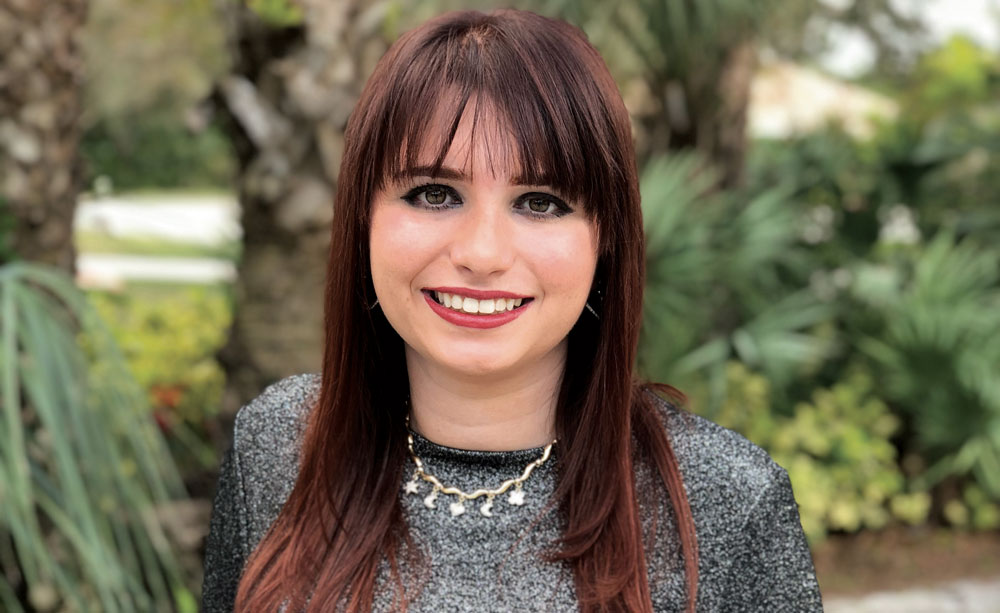
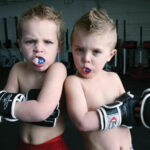

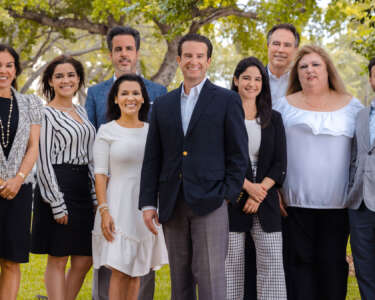
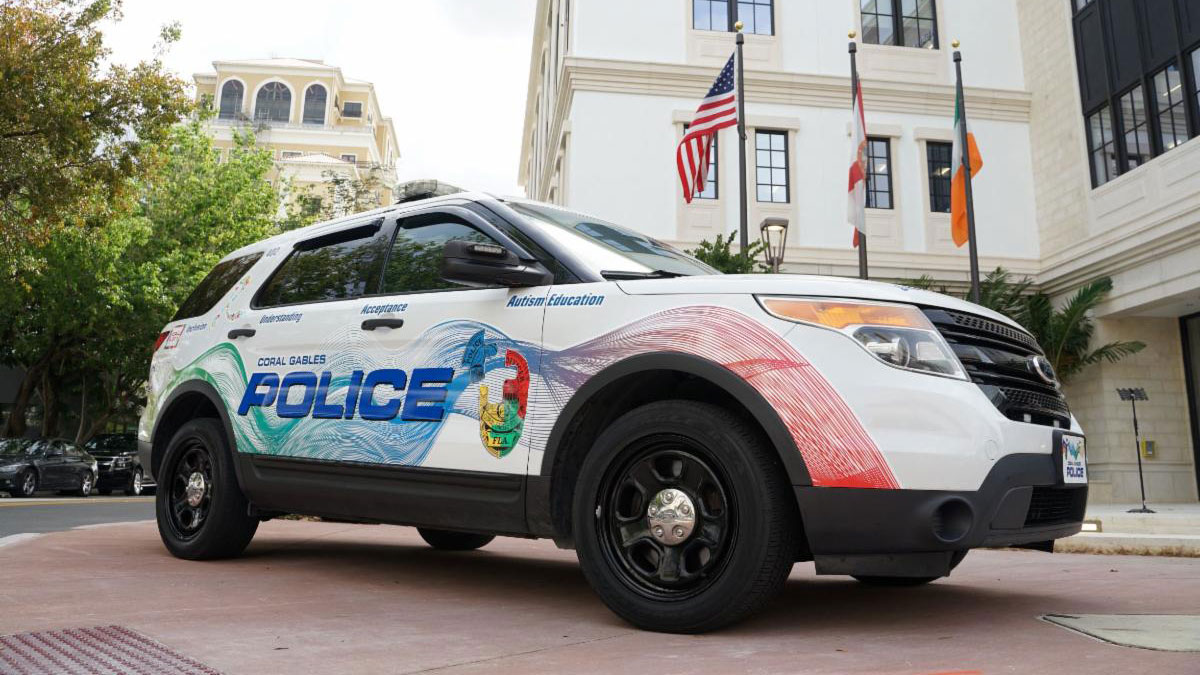
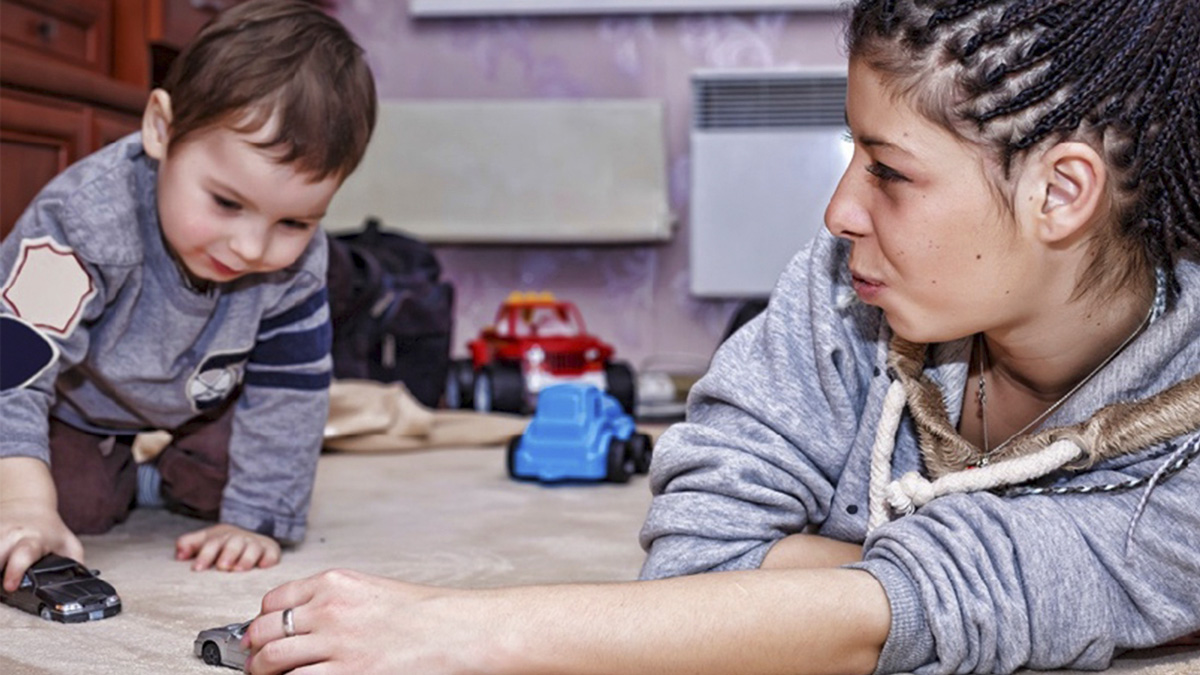
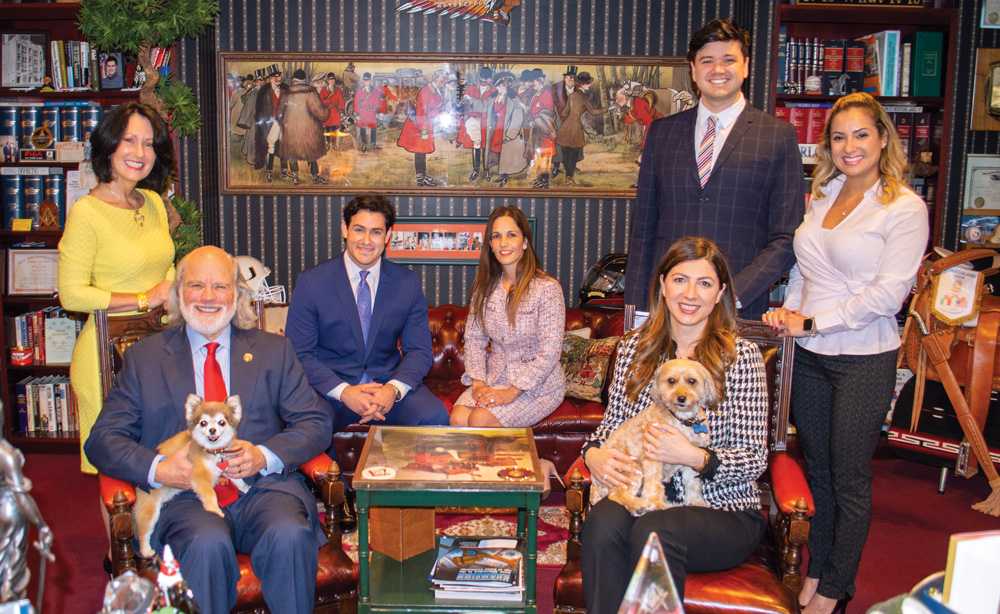






 Deering Estate
Deering Estate
 Massage Envy South Miami
Massage Envy South Miami
 Calla Blow Dry
Calla Blow Dry
 My Derma Clinic
My Derma Clinic
 Sushi Maki
Sushi Maki
 Sports Grill
Sports Grill
 The Healthy Kitchen
The Healthy Kitchen
 Golden Rule Seafood
Golden Rule Seafood
 Malanga Cuban Café
Malanga Cuban Café

 Kathleen Ballard
Kathleen Ballard
 Panter, Panter & Sampedro
Panter, Panter & Sampedro
 Vintage Liquors
Vintage Liquors
 The Dog from Ipanema
The Dog from Ipanema
 Rubinstein Family Chiropractic
Rubinstein Family Chiropractic
 Your Pet’s Best
Your Pet’s Best
 Indigo Republic
Indigo Republic




 ATR Luxury Homes
ATR Luxury Homes


 2112 Design Studio
2112 Design Studio
 Hamilton Fox & Company
Hamilton Fox & Company
 Creative Design Services
Creative Design Services
 Best Pest Professionals
Best Pest Professionals
 HD Tree Services
HD Tree Services
 Trinity Air Conditioning Company
Trinity Air Conditioning Company
 Cisca Construction & Development
Cisca Construction & Development
 Mosquito Joe
Mosquito Joe
 Cutler Bay Solar Solutions
Cutler Bay Solar Solutions


 Miami Royal Ballet & Dance
Miami Royal Ballet & Dance
 Christopher Columbus
Christopher Columbus
 Pineview Preschools
Pineview Preschools
 Westminster
Westminster
 Carrollton
Carrollton
 Lil’ Jungle
Lil’ Jungle
 Frost Science Museum
Frost Science Museum
 Palmer Trinity School
Palmer Trinity School
 South Florida Music
South Florida Music
 Pinecrest Orthodontics
Pinecrest Orthodontics
 Dr. Bob Pediatric Dentist
Dr. Bob Pediatric Dentist
 d.pediatrics
d.pediatrics
 South Miami Women’s Health
South Miami Women’s Health

 The Spot Barbershop
The Spot Barbershop
 My Derma Clinic
My Derma Clinic




 Miami Dance Project
Miami Dance Project

 Rubinstein Family Chiropractic
Rubinstein Family Chiropractic
 Indigo Republic
Indigo Republic

 Safes Universe
Safes Universe
 Vintage Liquors
Vintage Liquors
 Evenings Delight
Evenings Delight





 Atchana’s Homegrown Thai
Atchana’s Homegrown Thai
 Baptist Health South Florida
Baptist Health South Florida

 Laser Eye Center of Miami
Laser Eye Center of Miami
 Visiting Angels
Visiting Angels
 OpusCare of South Florida
OpusCare of South Florida

 Your Pet’s Best
Your Pet’s Best





 HD Tree Services
HD Tree Services
 Hamilton Fox & Company
Hamilton Fox & Company


 Creative Design Services
Creative Design Services